Are you looking for a conservative approach to concealing cracks, chips, and small gaps?
As a holistic dentist in Bountiful, Ut, Dr. Larsen is happy to provide teeth-bonding services for patients looking to conceal minor cracks, chips, and small gaps.
Teeth bonding is a method that allows Dr. Larsen to fill in blemishes on the tooth surface with tooth-colored resin. Like a dental filling, the tooth bonding material is secured to your tooth and polished down to leave your tooth looking natural.
You can enjoy instant results with little to no downtime without the need for an anesthetic. The entire treatment should take less than one hour. This conservative cosmetic dentistry solution is both budget-friendly and effective. You’ll leave our office with an improved smile that you can feel confident about showing off. You will be able to return to your normal routine once you leave our office.

Teeth Bonding in Bountiful, UT
There are some cracks, chips, and gaps that teeth bonding will not be able to fix. Because of this, we recommend scheduling a consultation with Dr. Larsen to determine if teeth bonding will meet your needs. After a thorough exam of your affected teeth, Dr. Larsen will present you with a treatment plan to meet your needs.
Dental bonding is an excellent choice for patients who are not ready to commit to a more permanent and costly treatment such as porcelain veneers. Here are some commonly asked questions regarding our teeth bonding treatment:
How long will teeth bonding last?
Teeth bonding can last up to ten years if taken care of properly. As long as you maintain good oral hygiene habits, you should see long-lasting results with the bonding resin material.
How does the tooth bonding material stick to my tooth?
Very similar to a dental filling, tooth bonding requires a slight amount of enamel removal to make space for the resin material. Afterward, your tooth will be etched to ensure the resin material has something to adhere firmly to. The resin material is sealed onto your tooth using ultraviolet light and then polished down so that it does not stick out from your natural tooth.
How many visits will I need to complete the tooth bonding process?
Tooth bonding can be completed with one visit to our office. It does not require any numbing solutions to your tooth, as it is a simple and painless process. After the resin is bonded to your tooth, you will not need any additional visits besides your regularly scheduled dental cleanings to maintain your overall dental hygiene.
Will my dental insurance cover this procedure?
Dental bonding may or may not be covered by your dental insurance. It typically depends on why you are receiving the treatment. In most instances, it is considered a cosmetic procedure and most providers will not offer coverage for it.
However, if yours deems tooth bonding as a necessary treatment after an injury, you may receive coverage. When our dental office staff files your claim, we will submit it as such to help maximize your benefits.
Can I drink coffee after dental bonding?
Especially in the first 24 to 48 hours after the procedure, you should avoid coffee and other foods and drinks that may stain. It’s not immune to staining after this time frame, either. Smoking and drinking coffee, tea, and others can impact the coloration of your dental bonding. Bonding material doesn’t respond to traditional teeth whitening methods.
Are there foods I have to avoid with dental bonding?
For the first 24 hours, the bonding is still set. During this time, try to stick to a soft food diet. It’s important to remember that the bonding material can chip with too much pressure. Try to avoid chewing on pens or ice, or eating things that require too much pressure.
How can I protect my bonded teeth?
While you don’t need to do anything special for your bonded teeth, there are steps you can take to make sure they’re protected. These include brushing and flossing twice daily, as well as visiting your dentist regularly. Try to avoid hard food and candy, particularly biting down on these things with the bonded tooth. Biting your nails should be avoided too, as this can also damage the bonding material.
How strong is dental bonding material?
While dental bonding material isn’t as strong as your tooth enamel, it’s still designed to be able to handle the pressure of everyday life without breaking down.
